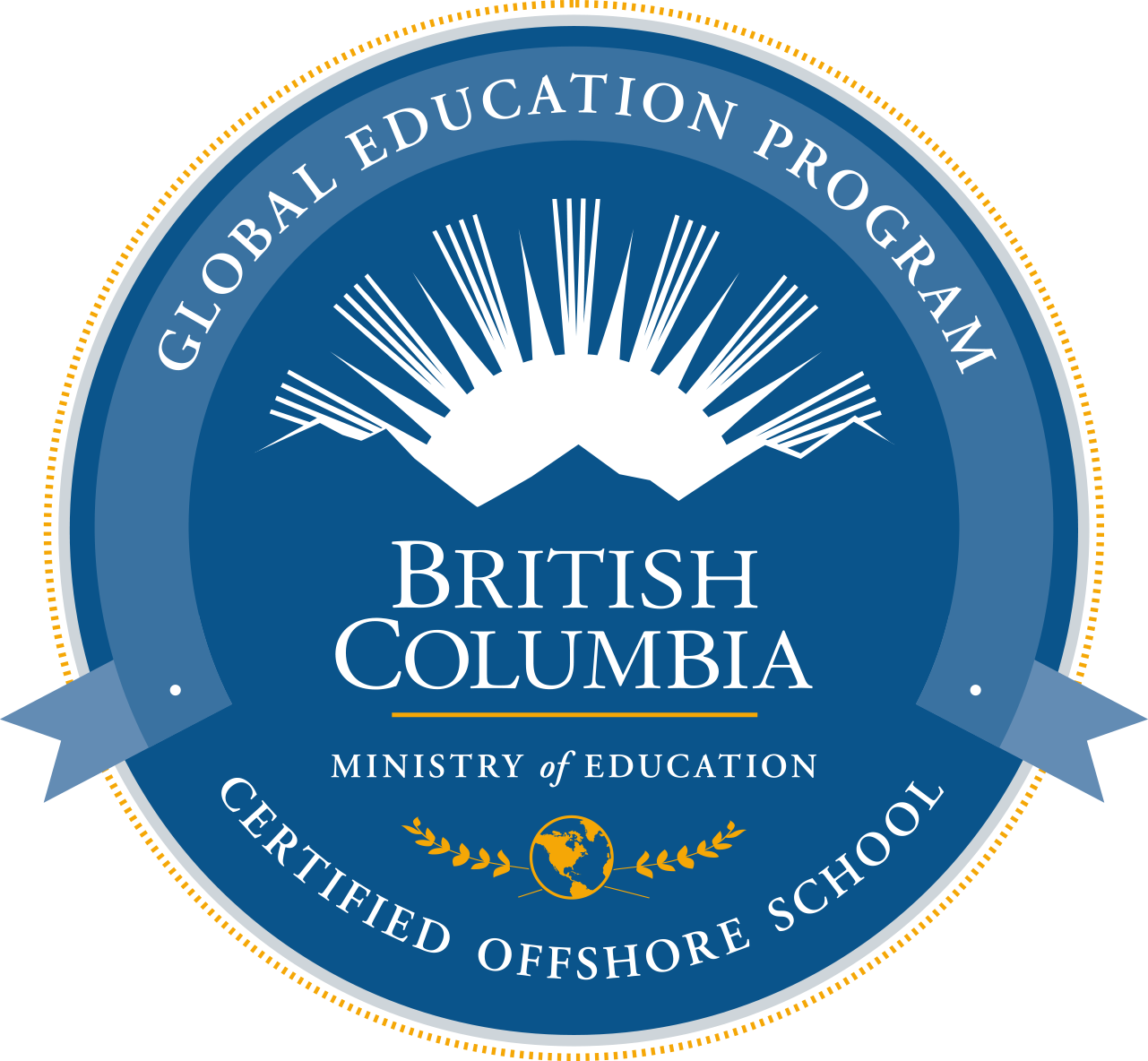Inquiry is a dynamic process of being open to wonder and coming to know and understand the world. As such, it is a stance that includes all aspects of life and is essential to the way in which knowledge is created. Inquiry is based on the belief that understanding is constructed in the process of people working together as they pose and solve problems, make discoveries and test the discoveries that arise in the course of shared activity. Inquiry is a study into a question, issue, problem or idea. It is the authentic, real work that that someone in the community might tackle. Therefore, inquiry involves serious engagement and investigation and the active creation and testing of new knowledge.
What are the levels in Inquiry-based learning?
There are several explanations for inquiry teaching and learning with various contexts as follows.
Level 1- Confirmation Inquiry: The teacher gives students a question and steps that lead to an identifiable result. Learners follow the directions. Students emphasize concepts based on the earlier understood method, which is a great way to learn.
Level 2- Structured Inquiry: The teacher presents the first question and a basic summary of the procedure. Students are required to devise explanations of their findings by assessing and analyzing collected data.
Level 3- Guided Inquiry: The teacher only provides research questions for the students. The students are responsible for mapping and following their respective procedures to test that question and then communicate the results.
Level 4- Open/True Inquiry: In this level of inquiry, students develop their research questions and also answer them with complete procedure, and converse their findings and results. Best schools in Bahrain believe teachers should teach inquiry instructions at earlier stages first and then climb away to the last level of inquiry that’s an open inquiry to develop students’ inquiry skills effectively.
How is Inquiry-based learning effective?
Inquiry-based learning actively immerses students in the learning process. Students are not just listening or writing what’s taught daily. Instead, students get the opportunity to discover topics more deeply and learn from their individual experiences. Private schools have adopted Inquiry-based learning, which allows students to recall concepts by actively engaging.
What are the Benefits of Inquiry-Based Learning?
The following are the benefits of inquiry-based learning.
- Enhances learning experience: During a lecture, taking notes isn’t the most effective way to learn. Rather than memorizing the concepts and facts, inquiry-based learning enhances the learning process by letting students explore topics themselves.
- Enhances skills in all learning areas: While students explore topics, they build communication and critical thinking skills.
- Raises curiosity: An inquiry-based learning approach enables students to share their thoughts, ideas, and questions about a topic. This helps advance more interest in the material and teaches skills students can use to continue exploring issues they are interested in.
- Deepens students understanding of topics: Rather than merely memorizing facts, students build connections about what they’re learning. This enables them to realize a far better understanding of a subject than they might get by just memorizing and recalling facts.
- Increases interest in learning: Inquiry-based learning is meant to show students a love of learning. When students are ready to engage with the concepts in their way, they are prepared to gain a deeper understanding and be prepared to develop a passion for exploration and learning.
- Allow students to require ownership of their learning: Students have the chance to explore a subject, giving them more of a way of ownership over their knowledge. Rather than telling them what they ought to know, students are ready to learn in a way that works for them.
- Increases engagement with the material: As a sort of active learning, this approach encourages students to engage in the learning process altogether. Students explore topics, make connections, and ask questions more effectively with active learning.
Inquiry based learning is authentically personalized and therefore each child will connect with what is learned in a different way. Students must be invested within the study topic to reach the set learning goals. Teachers must prepare and guide students with the inquiry in order to probe their thinking processes to assess accurately. Inquiry based practice requires time, effort, and expertise and the advantages pose great value when real authentic learning can take place.


